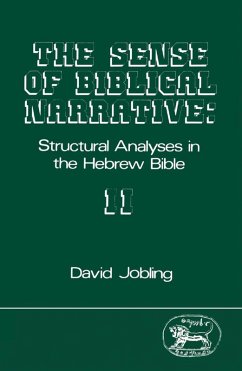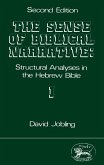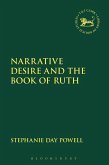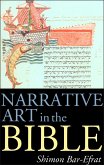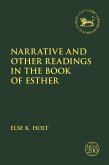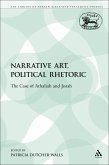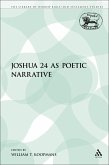These three studies continue the methods and aims of Volume I (1978, 2nd edn 1986), applying a structuralist method developed mainly from Claude LTvi-Strauss and A.J. Greimas to various texts and problems in the narrative sections of the Hebrew Bible. The new studies go beyond those of the previous volume, however, in two ways. They begin to take account of the deconstructive method of Derrida, the 'standing on its head' of structuralism; and they seek to make a contribution to feminist and liberation exegesis and hermeneutics. The first study is a deconstruction of Genesis 2-3, showing that the oppositions which the text purports to establish (including divine vs. human and male vs. female) are in fact assumed in advance. The second deals with the implicit political theory of the Deuteronomists, and discovers an 'indeterminate' attitude to monarchy. The third, inspired by Norman K. Gottwald and seeking, from a great methodological distance, to illuminate his problematic of Israel's origins, analyses the attitude implied by the Bible towards Transjordan and the Israelites who live there.

